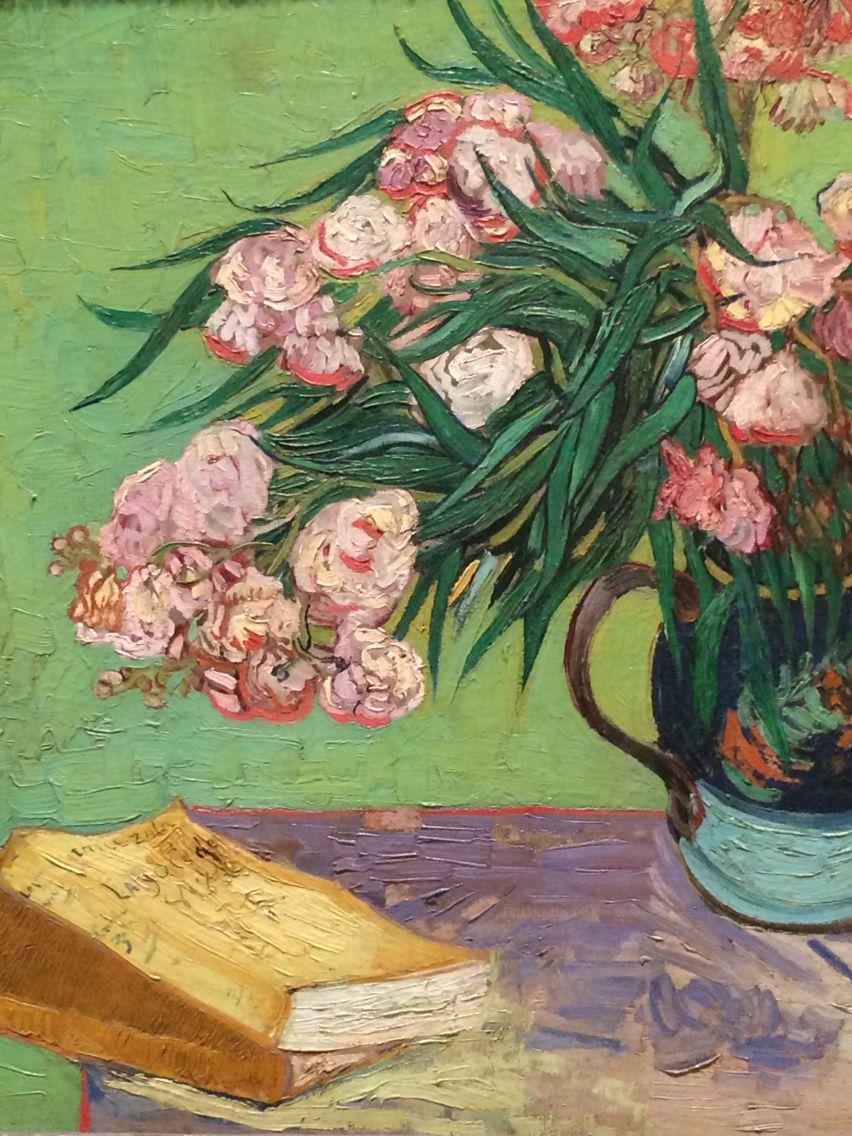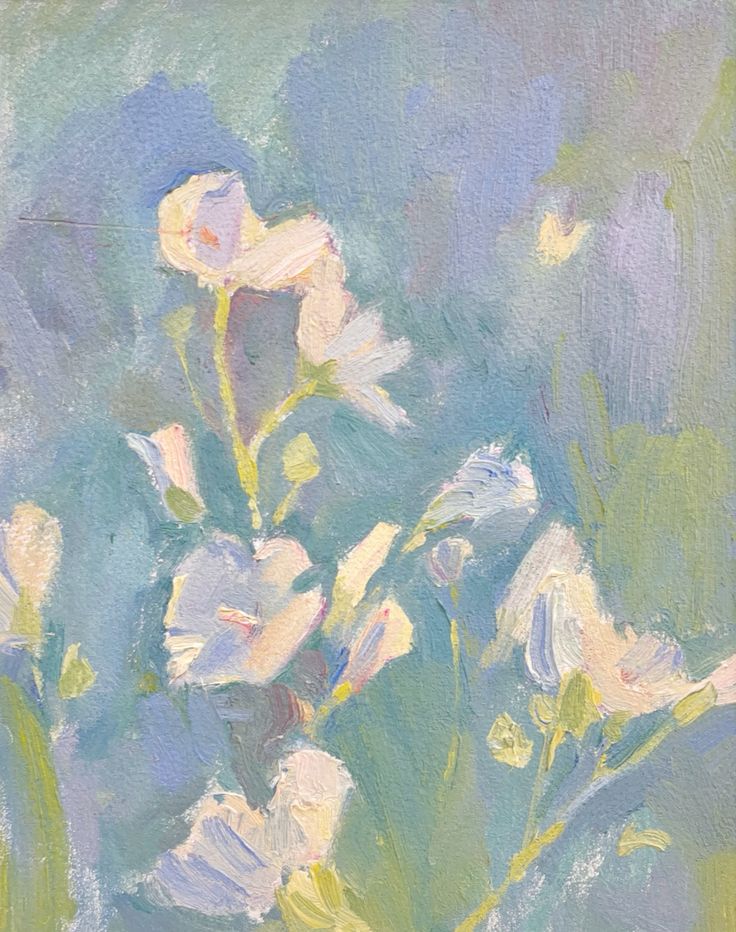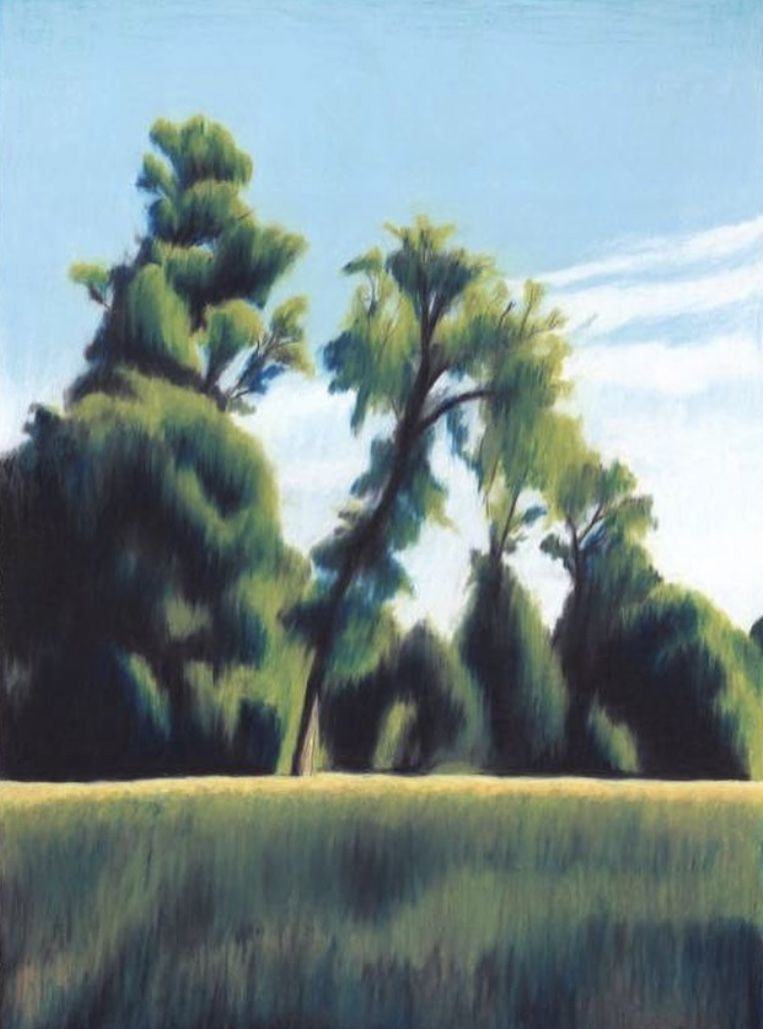It didn't strike me for a long time that I have a special hobby called "collecting hobbies". I've tried so many things from surfing to gazing at the stars but they've only been that.
Be patient toward all that is unsolved in your heart and try to love the questions themselves.
The more I looked around on the internet, the more I realized it wasn't my own thing, many other people did this as well. They were serial hobby collectors too, just like me.
Although I don't engage much in online communities because I find most of them overcrowded and tiring I found a sense of comfort.
I suppose deep down, I felt guilty for not sticking to any one of them. Even on the web, many people feel guilty for having invested so much money into their new hobbies and end up not sticking to them.
But I've always been an upbeat person and try not to let such things bring me down. Here's my perspective on why it's a good thing to collect hobbies.
Firing up your innate curiosity about the world
Life at its fundamental level is about curiosity. Everywhere you look is wonder. I know what you're saying but always look on the bright side of life as Monty Python says.
So it's quite normal for us to be curious about different things and their workings. Humans are curious by nature, we like to explore, create, and nurture things.
And if you feel guilty about that, you need to think a bit differently. We spend quite a bit of money to learn in school and many people think that learning ends when they get out of school. But life is full of new things to do, so when you start feeling guilty about spending money on things you didn't stick to, think about it as an investment.
Intensity, boredom, and resurrection
You've probably experienced this, when you start a new hobby you go all in. Even to the point of abandoning all other things. You go full steam ahead, burning bright like coal, and then after a while boom, you get bored and just stop. Happened to me a lot.
For a while, I tried new hobbies like drumming, surfing, and gazing at the stars. I also got all the equipment needed for the hobby, but now it's sitting somewhere in the corner waiting to be used again. But do I feel guilty? Not really. You may think "Well that's crazy I'd feel guilty". But let me explain why.
Here's a thing I noticed with myself, as with everything in life happens in cycles - seasons, growth, etc my hobbies also seemed to follow this pattern. Maybe it's only my thing but when I was younger I was very much into making art. I thought I would be an artist when I grew up.
And then when I was 13, I got into programming and that was my passion. It was very intense and I was very proud of it. I was never really good at art even though others told me otherwise.
And then for the next 10 years, I didn't make art. I never thought I'd go back to it, I thought it was a thing of the past, forgotten, collecting dust in the depths of my mind.
But then there was a spark, a resurrection that ignited the flames. By this time I was in my early 20s, I was on a business trip and I thought it'd be a good time to pickup sketching again. The idea seemed romantic, walking around the city with my sketch book and a pen. The idea of urban sketching appealed to me. I'm very much a romantic at heart.
And over the next year and a half, my little urban sketching hobby turned much more mature. Although I'm forcing myself to stick to only pen and ink, I've gravitated towards different subsets of it.
So my point is that, even though you've abandoned your hobby you'll probably go back to it at some point. The initial urge only gave you an idea of what to expect. Right now, it's sitting somewhere in your mind waiting for you for the right time.
It's healthy to try new things
If you ignore them monetary aspect or treat a hobby as an investment, you'll always see it as a transaction rather than doing something for fun. Having many hobbies is also very healthy because if you're a homebody like me, you're forced to go out and do things with other people (if it's a social hobby).

And one good side effect of this is that you meet different people and make friends. Ever since the rise of the internet, which is a good thing there's also been this case where we don't interact with many people. Over time this could lead to a lot of loneliness and lack of social skills which sucks the joy out of life, and everything becomes bleak.
Many people meet a lot of people when they are in school, and that's the peak. But if you look at how many adults have friends, you realize it's quite hard to make new ones. We become picky and get busy with life.
Jack of all trades is good
You know, you've heard this saying "Jack of all trades and master of none". It's often seen as a negative to do many things. I've gotten some flak for it saying "I need to focus on one thing".
But as you know, that's not possible for me. When you're a jack of all trades, you see things differently, inherently solving problems is about creativity and creativity is about seeing things differently and connecting 2 or more different ideas to get a different angle.
Problem solving is a good skill to have and your quirky hobby might sometimes help you see things differently.
Another benefit of trying a lot of things is that it exposes you to many other sub-hobbies. Remember when I told you about my ink sketching hobby?
Usually, when someones is into art, they learn about oils, water colors and other paint mediums but when you go a bit niche you stumble upon things like etching which is drawing things on a metal plate.
This is something I'd love to try, and I don't think I'd have discovered it even if I got back into art and tried ink sketching.
But remember the quote is misleading you. The full quote is "Jack of all trades and master of none, but better than a master of one".
Benefits of Having Many Hobbies
-
Increased Adaptability: Learning various skills makes it easier to switch between different activities and tasks.
-
Reduced Stress and Anxiety: Hobbies provide a break from daily responsibilities and offer a sense of accomplishment.
-
Improved Focus and Patience: Engaging in hobbies that require concentration (like playing an instrument or painting) can improve focus over time.
-
Social Opportunities: Many hobbies open the door to new communities and friendships.
You learn about who you are at the core
Think of yourself as a flowing river, rather than a still pond. When you try a new hobby, even for a little bit it molds you into something else. You start learning about your preferences, which helps in refining who you are.

When we try only one thing and stick to it, it becomes our only identity. I was like this, for a long time, I wanted to be a great programmer. I refused to try other things because I was proud of it. It was all that I knew about. I was like a still pond. But over time, my curiosity pulled me in other directions, making me explore the other beauties of life.
Now I don't think in terms of absolutes, it helped me see the world differently. It's fluid rather than rigid and you can mold it to fit you.
In the End
So will I stop trying new things just because sometimes I feel guilty? Never. Now, I don't think I can ever go back to sticking to one hobby. I explore what I like but when I want to get better, I give it more time but that doesn't mean I'll never get back to the others.
I think you should do the same.
1.What is ADHD's fixation on hobbies?
ADHD hobby fixation refers to periods of intense focus and obsession with a new hobby, often followed by sudden disinterest. It’s a common pattern where an activity feels exciting at first but loses its appeal once the novelty wears off.
2. Do people with ADHD collect hobbies?
Yes! Many people with ADHD enjoy collecting hobbies due to their natural curiosity and love for novelty. This can lead to a diverse skill set and a wide range of experiences.
3. What are some high dopamine hobbies?
High dopamine hobbies tend to be fast-paced, challenging, and rewarding. Some examples include: Video gaming, Extreme sports (skateboarding, parkour), Music Production, Competitive board games
4. How long do ADHD hobbies last?
The duration of an ADHD hobby varies. Some last a few days, while others can stick for years, especially if they provide continuous challenges and novelty. The key is to embrace the cycle and not feel guilty about moving on to something new.

